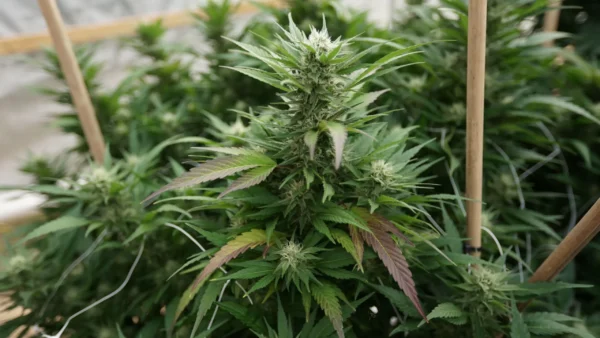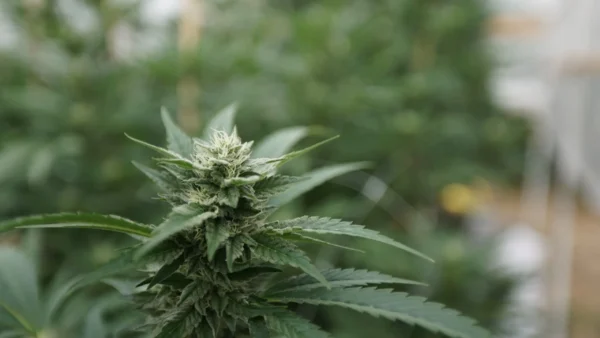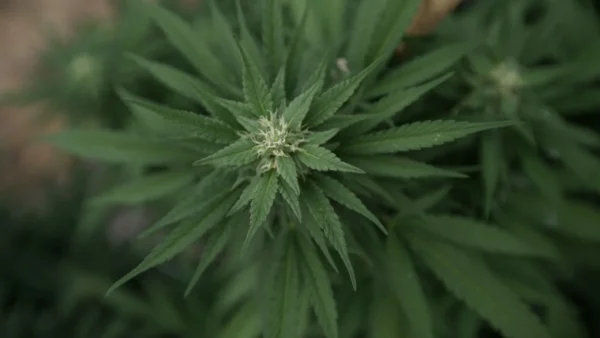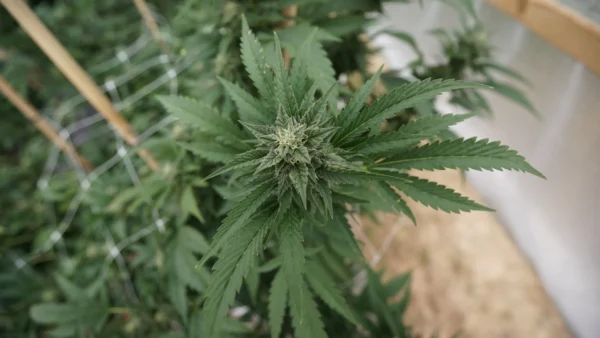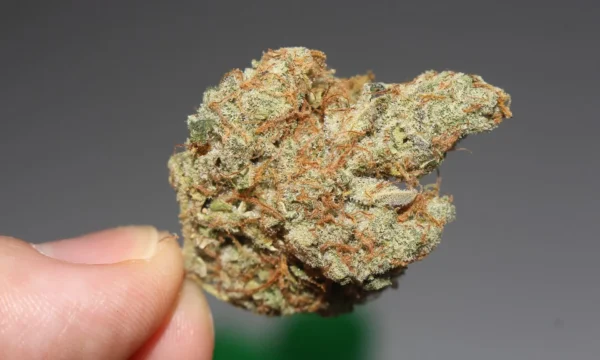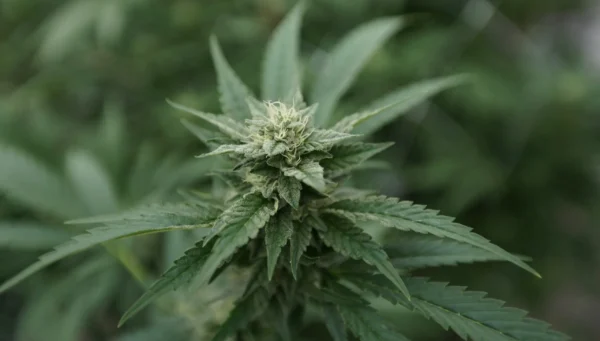Feds say cannabis is a “deadly” drug (Newsletter: October 2, 2025)
Michigan marijuana tax increase is the kind of idea that looks tidy on a spreadsheet and lands like a brick through a dispensary window. On the shop floor, customers count quarters and operators count days until payroll—and that’s before you tack on another percent or three. Meanwhile, California just iced a planned cannabis tax hike through at least 2028, a rare nod to market reality meant to keep the legal cannabis market breathing and the illicit market from feasting. It’s the long, strange cycle of cannabis taxation in America: squeeze hard and you drive people back to trunk deals; calibrate with care and you might actually grow legal cannabis revenue without crushing the regulated players. The same governor who’s comfortable riffing about national-scale legalization—the one from the world’s fifth-largest economy—has made peace with pragmatism, a tone that tracks with moments like Gavin Newsom Jokes He’ll Legalize Marijuana As ‘Leader Of The Free World’ And Get People ‘High On Patriotism’ Amid Federal Shutdown. The bigger point: tax policy is the quiet steering wheel of the Michigan cannabis market, the California market, and every market in between—and this week, you could feel the hands tugging left and right.
In Lansing, the proposal to hike excise taxes lit a fire under retailers, growers, and the folks scraping resin off the margins. Owners rallied, not with platitudes but with rent due, warning that another layer of cannabis taxation would soak the thin layer of profitability that keeps the legal lights on. A few lawmakers floated talk of softening the increase before any final votes—a whisper of compromise in a room that needs more of it. Here’s what’s at stake: Michigan’s industry just clawed its way through a period of price compression, where ounces got cheaper, competition got nastier, and survival meant dialing in efficiency like a Michelin kitchen during the dinner rush. Hike taxes and demand might scatter toward the unlicensed market where no one card checks, no one remits, and no one does the paperwork. Keep them stable, and you give legal operators a chance to invest in compliance, better wages, and product safety. The cannabis industry impact isn’t theoretical; it’s receipts, payrolls, and the tightrope walk between public health goals and the gravitational pull of consumer price sensitivity. If lawmakers want steady, legal cannabis revenue, they’ll have to resist the siren song of short-term grab-and-go and play the long game on Michigan marijuana tax policy reform.
Zoom out and the week’s headlines read like a tasting flight of what legalization really means when it meets real life. Oregon officials are asking a federal appeals court to restore a voter-approved labor peace requirement for marijuana businesses—a push to codify the right of workers to organize in a sector built on razor-thin margins and relentless compliance checks. If the Ninth Circuit lets that law stand, it could become a bellwether for how the industry balances labor standards with survival math. At the same time, prohibition-era reflexes still snap shut elsewhere. In the Great Plains, for example, enforcement teams have been raiding storefronts accused of selling cannabis outside the lines—a reminder that the map remains a patchwork quilt sewn with different hands. For a taste of that contrast, consider Kansas Law Enforcement Launches Raids Against ‘Brazen’ Cannabis Sales In Storefronts. It’s the same plant, the same customers, but wildly different outcomes depending on which side of an imaginary border you’re standing.
Then there’s the hemp story—part science, part semantics, all money. In Texas, the agriculture chief pushed back on political sniping over hemp compliance while signaling a pivot toward measuring “total THC.” If you translate bureaucrat to bar-stool English, that means redefining how labs and regulators tally the psychoactive potential of hemp products, which could slam the door on loopholes that have propped up entire business models. The ripple would hit shelves filled with hemp-derived cannabinoids—delta-8, THCA, the whole alphabet soup—where a decimal point can decide whether a product lives or dies. For consumers, that might mean fewer impulse buys and more regulated clarity. For cops, the ground is shifting too. A court in Florida closed the door on vehicle searches based solely on the smell of marijuana, a change that recalibrates probable cause in a state where legalization’s messy middle is still unfolding. If you missed that turn in the road, read Florida Court Blocks Police From Using The Smell Of Marijuana Alone To Search Vehicles and consider how different the drive home feels when the air freshener no longer doubles as a constitutional question.
And while cannabis policy swings between tax codes and lab standards, psychedelics edged further into the daylight. Massachusetts lawmakers advanced a psychedelic therapy pilot, treating psilocybin less like a moral panic and more like a public health tool. It’s not a green light for storefront shrooms; it’s a clinical lane, careful and measured, that nonetheless chips away at decades of stigma. The tide isn’t uniform, but it’s moving, visible in the way other states and cities tinker with rules, or how hearing rooms fill with veterans, therapists, and patients who’ve run out of traditional options. New York is humming with that energy too, as reflected in New York Lawmakers Hold Hearing Psilocybin’s Medical Benefits Amid Broader Debate Over Psychedelics Reform. And then there’s Nebraska, where a missed deadline for medical marijuana licensing—after regulators resigned—left patients staring at an empty shelf and businesses on hold, a stark reminder that bureaucracy isn’t a sideshow; it’s the main act. Policy evolves not in clean leaps but in lurches, and right now the lurch is toward evidence, toward market realism, and—if Michigan is listening—toward cannabis taxation that doesn’t sacrifice the legal market to fund a headline. If you want to explore compliant, high-quality options while the policy dust settles, take a quiet minute to browse our shop: https://thcaorder.com/shop/.






